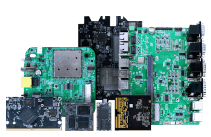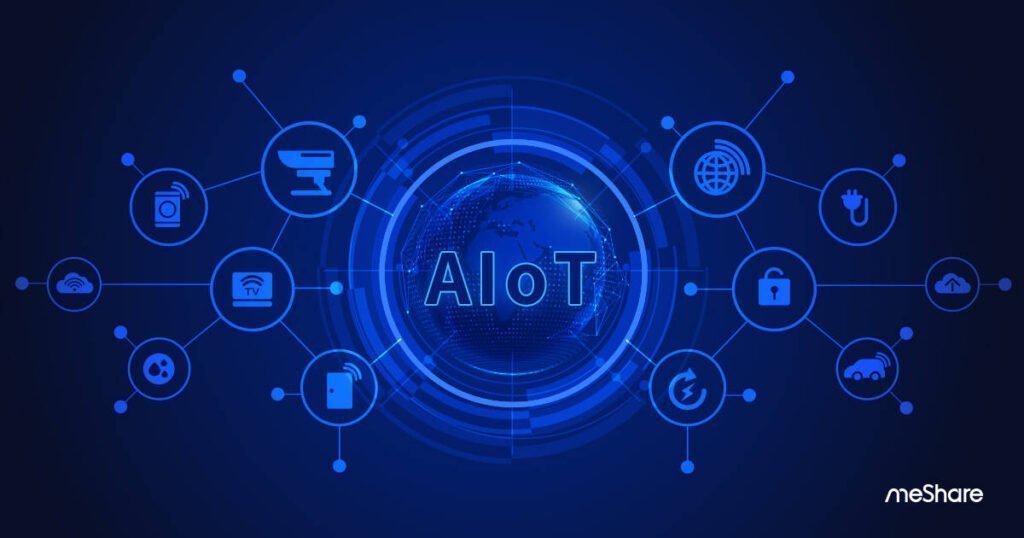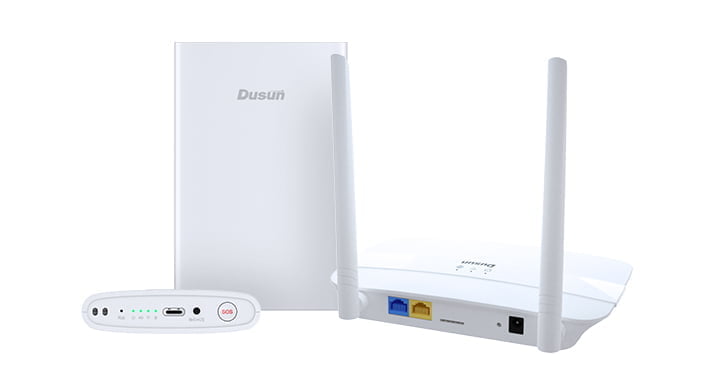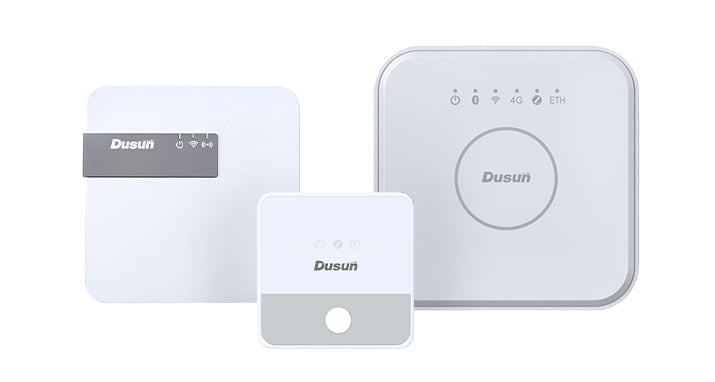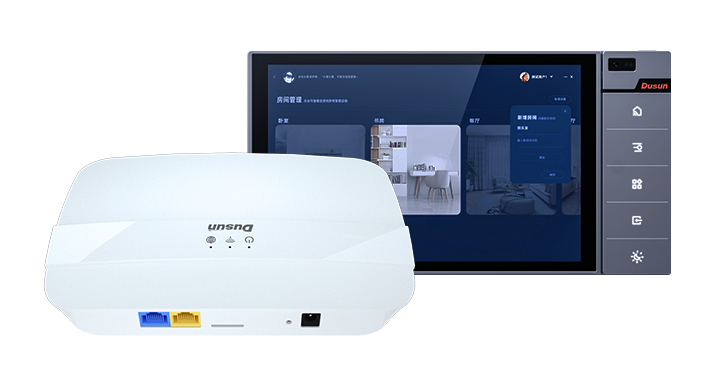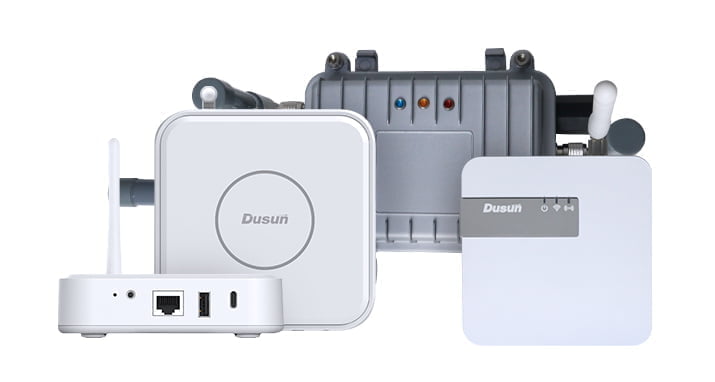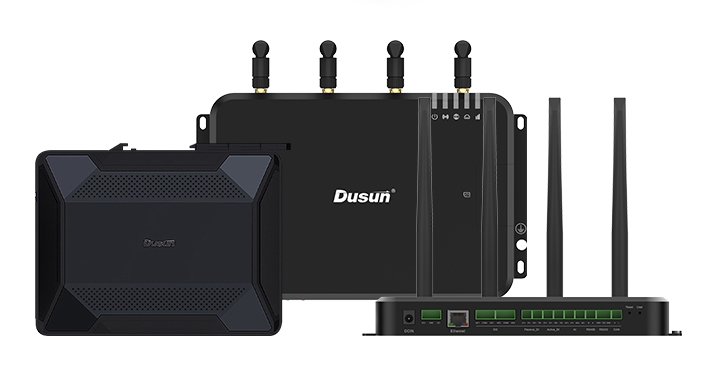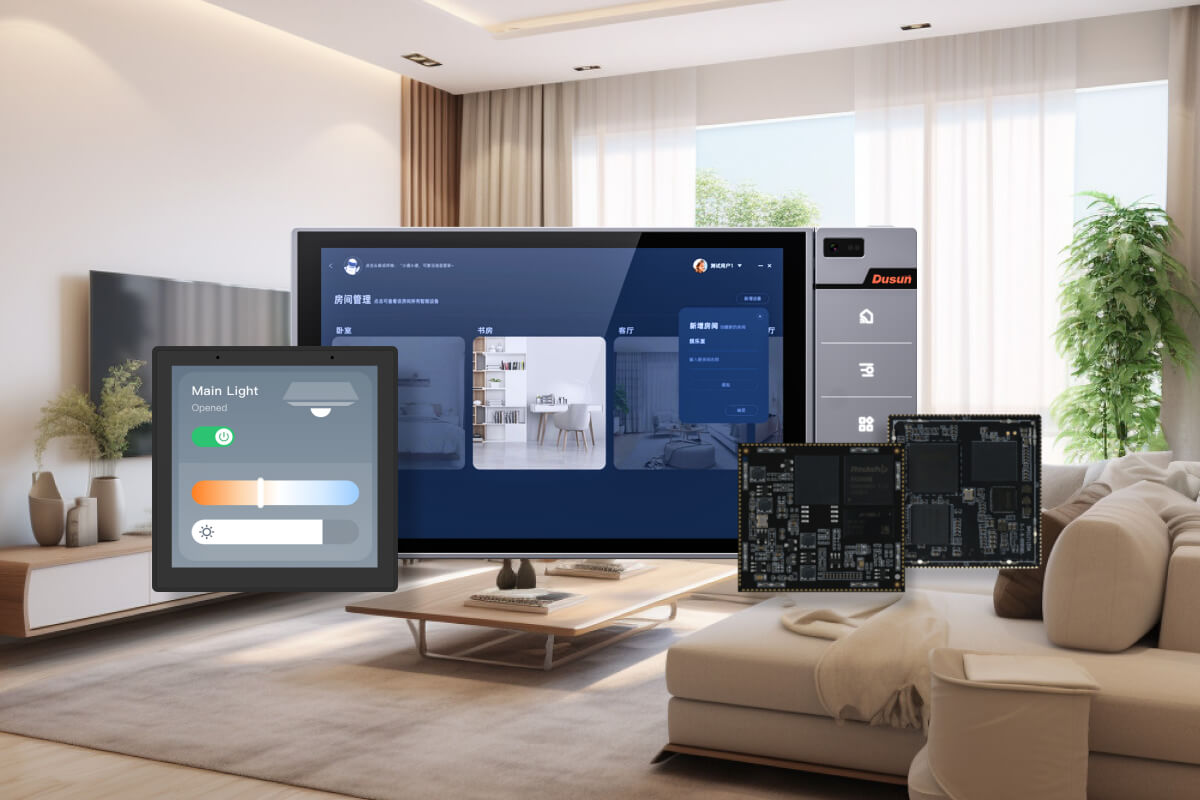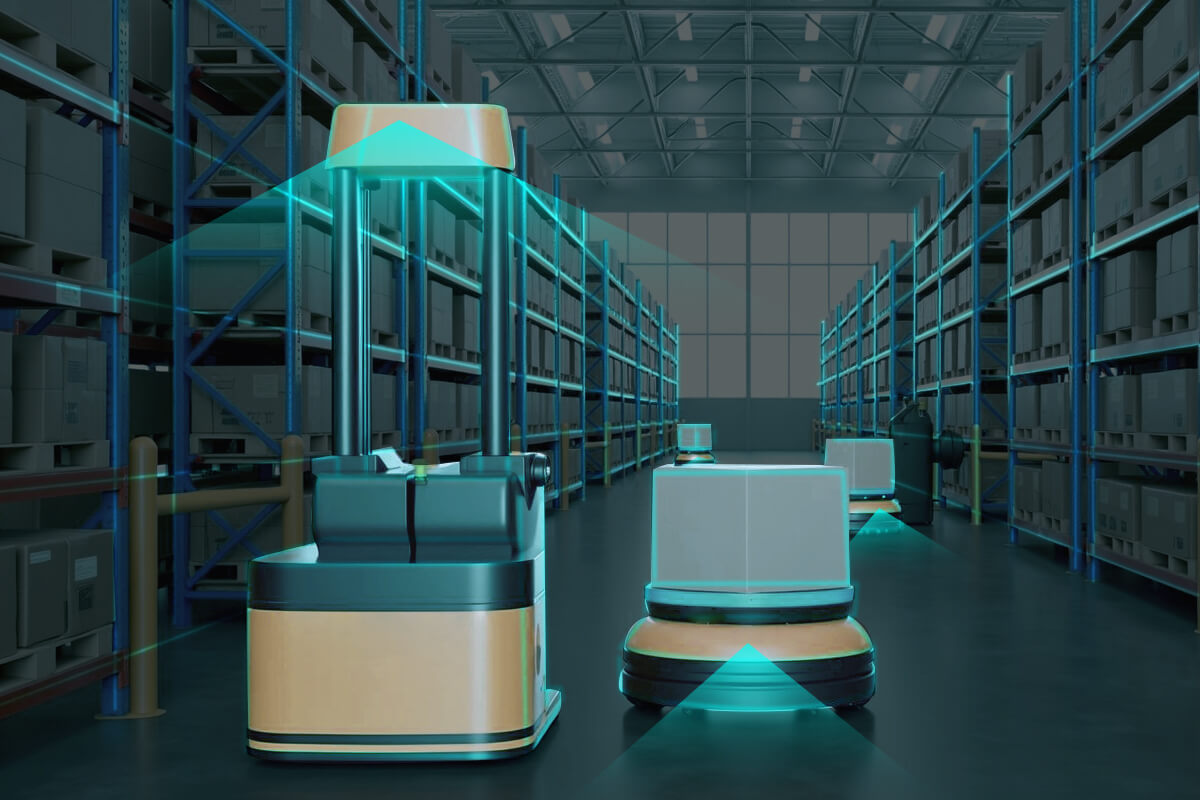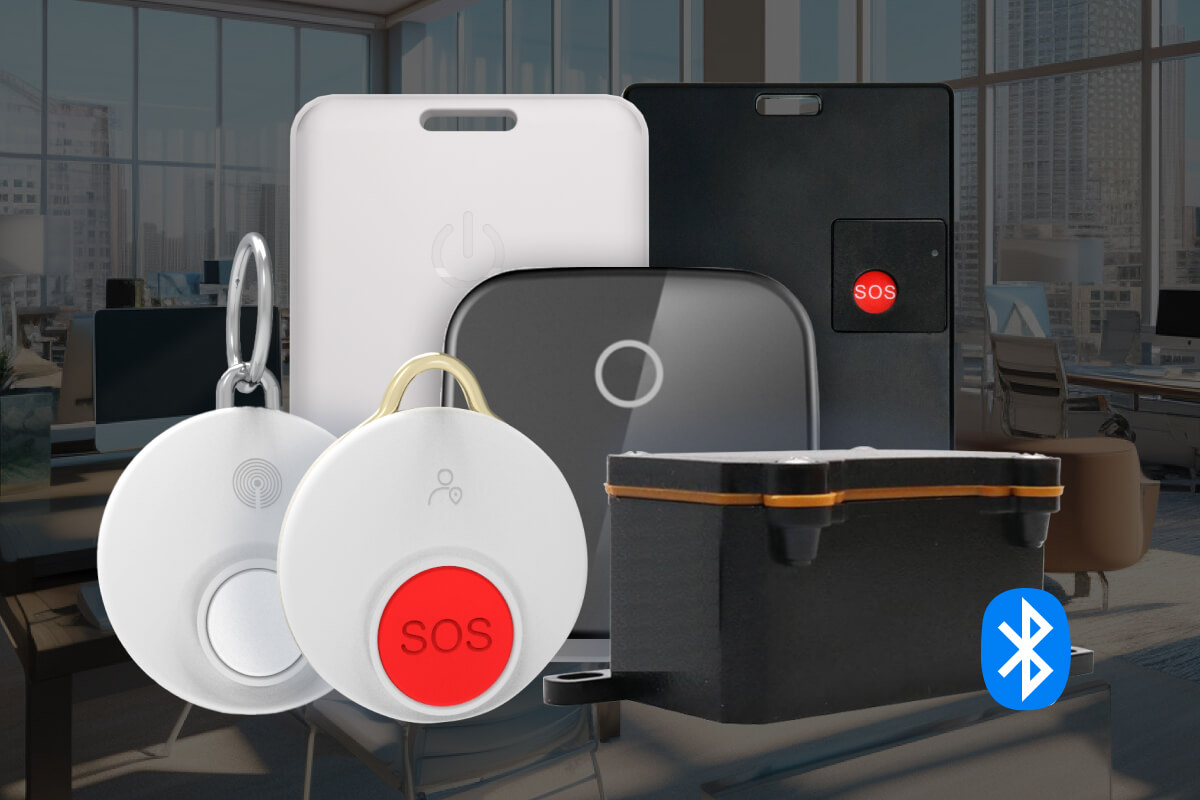The perfect convergence of IoT and AI is known as AIoT, which converges to give businesses the best of both worlds. AIoT provides a competitive advantage to IoT technologies. Simply put, AIoT refers to the integration of AI to enable IoT to perform intelligent tasks. Artificial IoT helps connect IoT devices with integrated sensors with artificial intelligence capabilities.
Both AI and IoT cannot be separated from one key: data. AIoT aims to create more efficient IoT operations, improve human-computer interaction, and enhance data management and analysis.
Artificial Intelligence, or AI, is a field of computer science that deals with developing smart systems that can simulate human intelligence. Simply speaking, AI aims to enable computers to reproduce human capabilities like perception, reasoning, understanding, etc. Hence, the highly disruptive AI capabilities are the foundation of intelligent systems in many industries to increase efficiency and develop new products and services.
The Internet of Things, or IoT, on the other hand, is a system of connected objects or devices that can collect and transfer data in real-time with the help of software or sensors embedded within them. IoT helps achieve a high level of automation in various tasks across industries. Through sensors or user input, IoT devices create a massive amount of data.
AIoT is transformative and mutually beneficial to both AI and IoT technologies. Artificial intelligence adds value to the IoT through machine learning capabilities and improved decision-making processes, while the IoT adds value to AI through connectivity, signaling, and data exchange.
AIoT can improve businesses and their services by creating more value from IoT-generated data. AI enables IoT devices to use the big data collected to better analyze, learn and make decisions without the need for humans.
Data is the foundation of the Internet of Everything, and AI is the “brain” of the IoT, providing it with massive amounts of data. AI allows the IoT to develop with data and logic to follow. At the same time, IoT offers a reliable channel for support AI’s deep learning.
It collects a large amount of information through sensors and then filters and integrates practical information through edge computing applications in various industries.
For example, we have more contact with real-life applications such as autonomous driving, smart buildings, and smart offices, which greatly enhance users’ work and life efficiency and convenience. To sum up, AIoT brings the following benefits.
Enhancing the Scalability of the Internet of Things
The scalability of IoT means adding more devices to the existing ecosystem. This addition can optimize current processes or introduce newer capabilities. With AI integration, only the data needed by specific components can reach those components. This can make the process very specific.
For example, wearable medical devices only receive data on heart rate and vital signs, not GPS and navigation information. When data processing is performed, it is easier to deploy the updated device into the infrastructure.

From https://internetofbusiness.com/healthcare-leaders-expect-ai-dominance-in-five-years-nervously/
Improve operational efficiency
Organizations and businesses that want to achieve the best organizational efficiency with the help of AIoT can do so. Smart IoT can detect patterns from the data generated and discover new insights that were not visible. Besides, it can help to implement predictive and preventive analytics and introduce automation.
With AIoT, it is possible to predict the exact time of equipment failure and take accurate corrective action. This makes operations last. One example is the automation of vision-based quality inspection and the use of cameras for quality control in industrial automation. Various applications are designed to track and ensure compliance with guidelines and regulations.
For example, the technology is used to monitor personal protective equipment, such as masks, helmets, undershirts, or gloves.
Adding new products or services
There are currently existing devices, products, or services that can be combined with the concept of AI to introduce advanced features or fully developed AI products. For example, business teams can integrate AI and IoT devices to generate insights and introduce advanced road and driver safety measures.
As a professional, smart IoT product provider, DUSUN has been exploring and laying out its product line for many years, covering smart security, smart IoT, and smart communication. It is believed that as IoT device management gradually evolves into more AI concepts, it can provide more viable options and even predict decisions and outcomes.
In IoT technology, DUSUN has also made new advancements in space and vision and developed smart sensors that support more protocols, such as smoke detector, temperature and humidity sensor beacon, and smart PIR sensor.

